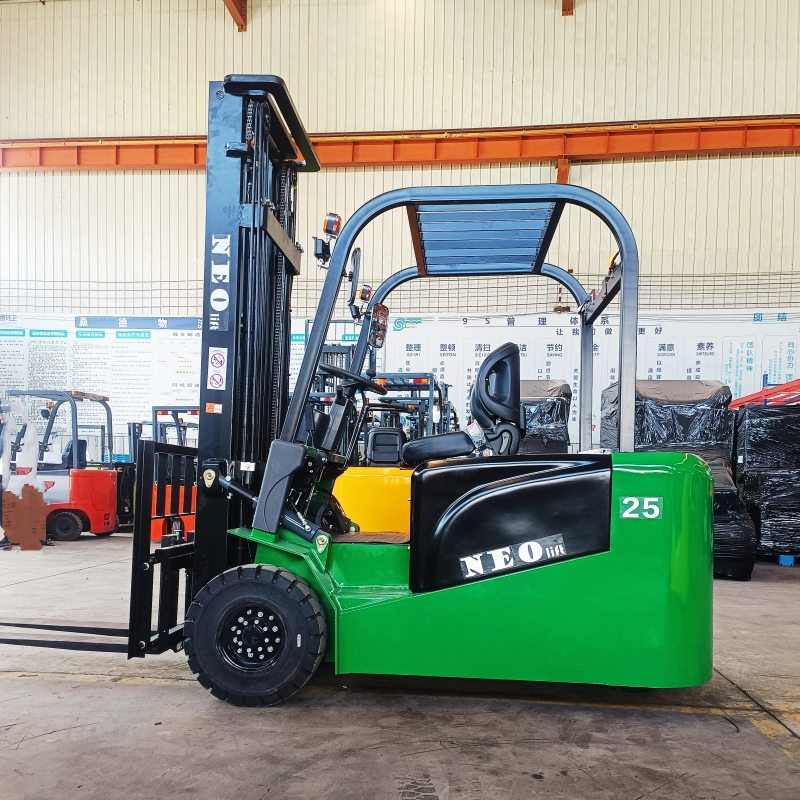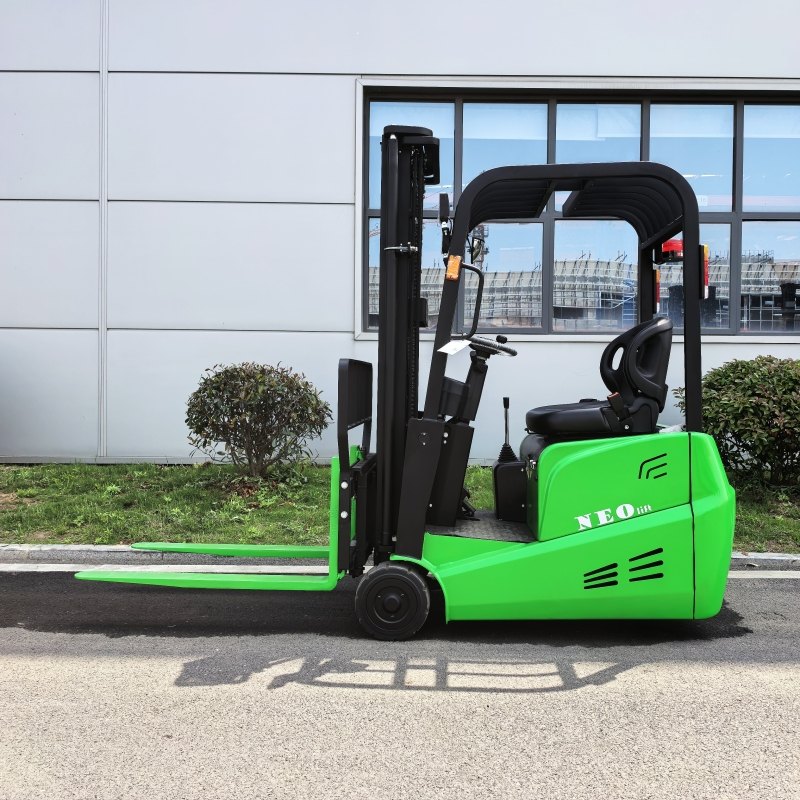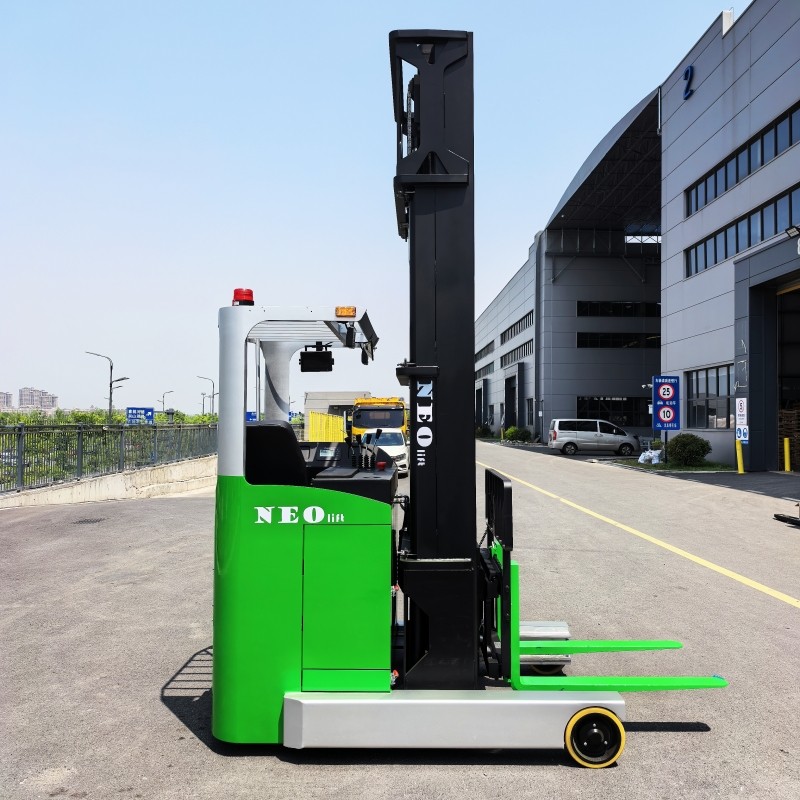Precautions for cold storage forklift operation: safety and efficiency are equally important
Apr 08, 2025In low-temperature storage environments, forklifts are important material handling tools, and their operation is significantly different from that in conventional environments. The special working conditions of cold storage place higher demands on equipment performance, personnel safety, and operating procedures. This article will introduce in detail the key precautions for cold storage forklift operation to help companies and operators improve operational safety and efficiency.

1. Special requirements for cold storage forklifts
Equipment selection and configuration
Special cold storage forklifts: Forklift models designed for low-temperature environments must be selected. Ordinary forklifts are prone to failure in cold storage.
Antifreeze treatment: The hydraulic system needs to use low-temperature special hydraulic oil to prevent solidification; wires and cables need low-temperature resistant materials.
Metal parts treatment: Key metal parts require special anti-rust treatment to prevent condensation corrosion.
Tire selection: It is recommended to use solid tires or special low-temperature tires to prevent ordinary pneumatic tires from hardening and cracking at low temperatures.
2. Preparations before operation
Equipment inspection
Comprehensive inspection: Check the hydraulic system, brake system, lifting chain and other key components before starting
Battery status Status: Electric forklifts must ensure that the battery is fully charged (power consumption is faster at low temperatures).
Defrosting and deicing: Clear ice from the mast, forks and other parts to ensure that all moving parts are flexible and unobstructed.
Personnel protection
Warm equipment: Operators must wear cold-proof clothing, non-slip warm gloves, etc.
Non-slip shoes: Choose work shoes with good non-slip performance to avoid slipping caused by ice on the cold storage floor.
Time control: It is recommended to adopt a shift system, and the single continuous operation time should not exceed 2 hours.

3. Precautions during operation
Safe driving
Low-speed driving: The cold storage floor is slippery, so keep a low speed (generally not more than 8km/h).
Smooth operation: Avoid sudden acceleration, sudden braking and sudden turns bend to prevent goods from sliding or vehicle rollover.
Maintain vision: ensure clear vision, defrost before operation if necessary.
Cargo handling
Precooling: goods should be fully precooled before entering the cold storage to avoid bringing in too much heat and causing frost in the storage.
Stacking safety: pay attention to the safe distance between goods and roofs and walls, and maintain at least 30cm ventilation gap.
Moisture-proof measures: plastic products are prone to brittle cracking at low temperatures, so be extra careful when handling.
4. Maintenance after operation
Equipment maintenance
Clean and dry: move the forklift to a higher temperature area after the operation, remove surface frost and wipe dry.
Regular lubrication: increase the frequency of lubrication and use special low-temperature lubricants.
Battery management: battery The battery of the electric forklift should be charged at room temperature.
Personnel health
Recovery from warmth: Rest in a warm area after operation, and drink hot drinks to help restore body temperature.
Health monitoring: Check the extremities such as fingers and toes regularly to prevent frostbite.

5. Emergency treatment measures
Equipment failure: When a failure occurs in the cold storage, the operation should be stopped immediately and the forklift should be moved out of the cold storage for maintenance.
Personnel discomfort: Evacuate the cold storage environment immediately when symptoms such as chills and numbness occur.
Emergency plan: An emergency call device should be installed in the warehouse to ensure smooth communication.
Conclusion
Cold storage forklift operation is a highly professional job, which requires the company to provide appropriate equipment, perfect training and strict management system. Only by paying full attention to the special requirements in the low temperature environment can the safety of the operation be ensured, the work efficiency can be improved, and the service life of the equipment can be extended. It is recommended to organize safety training regularly, update the operation specifications, and create a safe and efficient working environment for cold storage operators.
By following the above precautions, enterprises can significantly reduce the risk of cold storage forklift operations and improve the overall benefits of cold chain logistics operations. Safety is no small matter, and we should always be vigilant in the special working environment of low temperature.